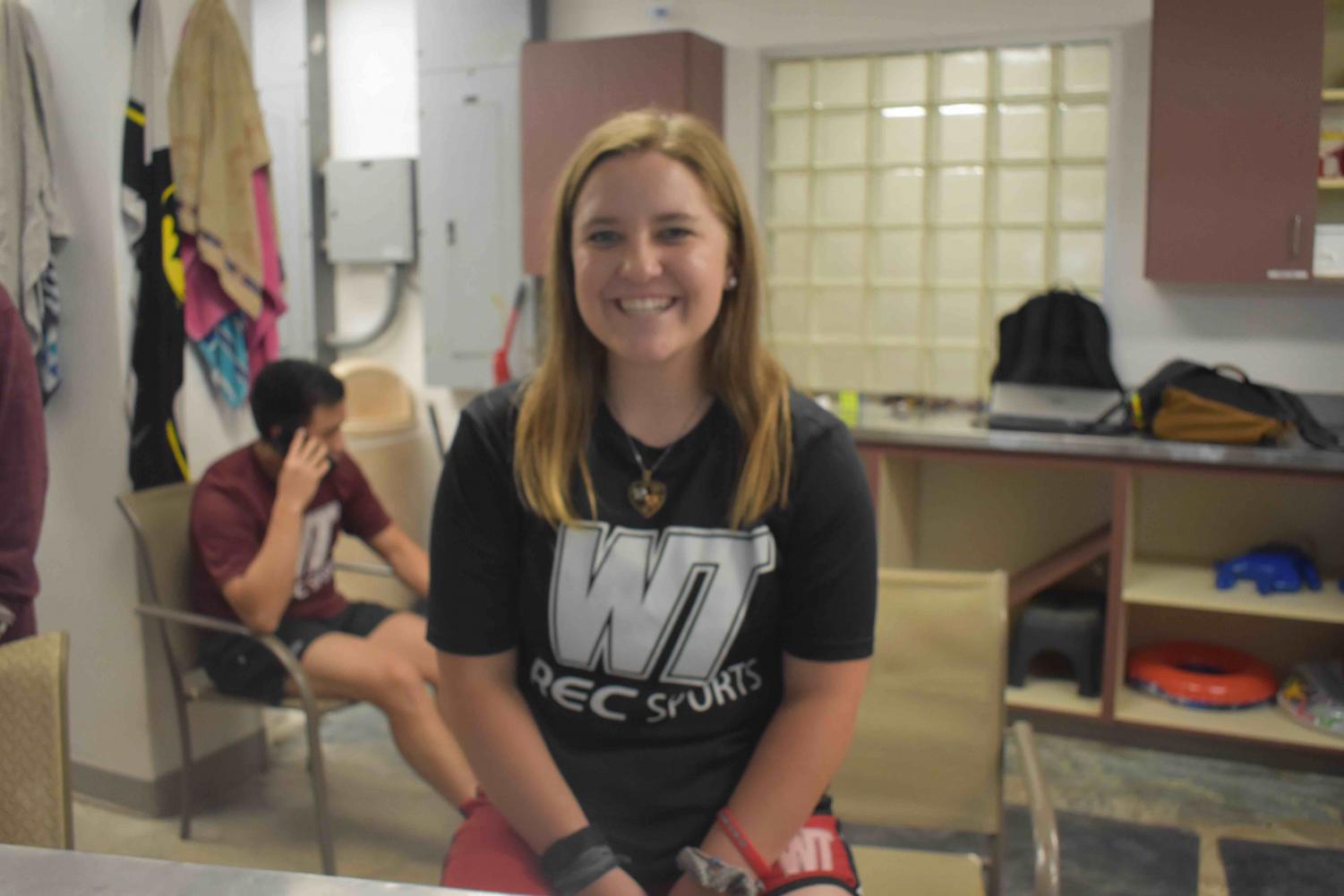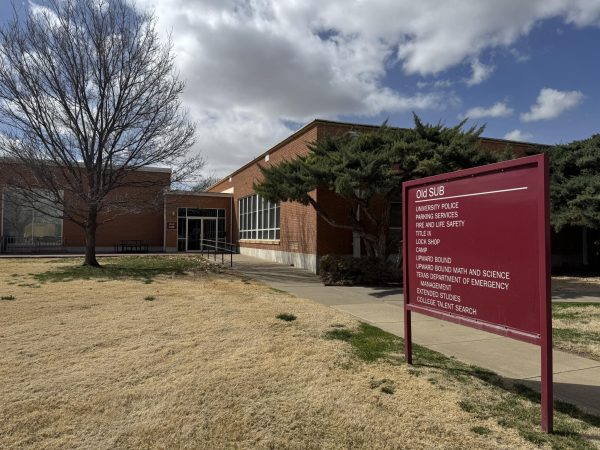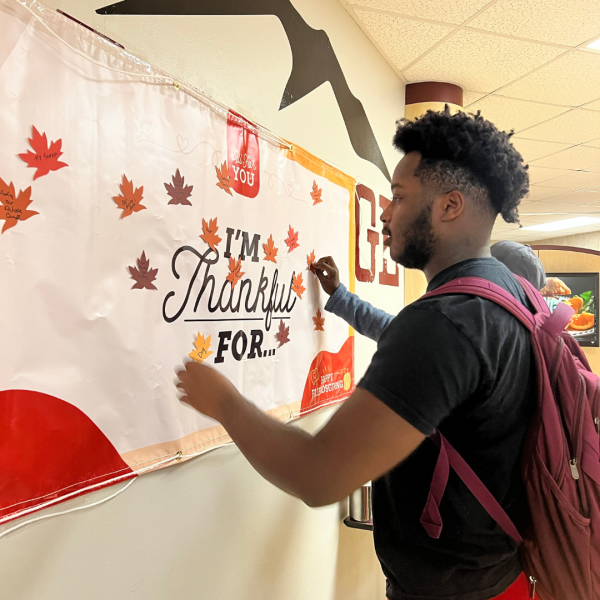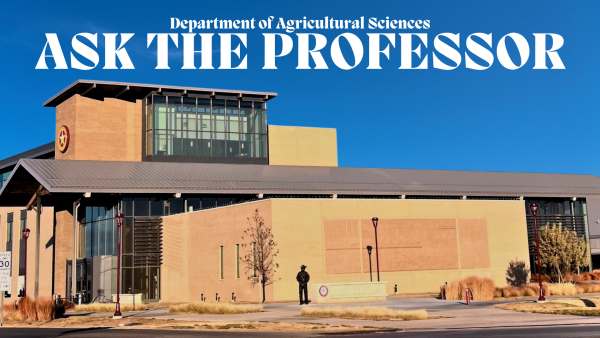Being a full-time student and an employee
Cost of tuition is still on the rise, according to the College Board’s 2018 report on Trends in College Pricing. This could be a potential concern for students pursuing higher education and may lead to increasing work hours or the addition of another job to supplement their income.
“Between 2008-09 and 2018-19, average published tuition and fee prices rose by $930 (in 2018 dollars)at public two-year colleges, by $2,670 at public four-year institutions, and by $7,390 at private nonprofit four-year colleges and universities,” quoted from the 2018 report on Trends in College Pricing by the College Board.
According to the College Board’s report, the average tuition and fees between 2013-14 and 2018-19 rose by 5% ($3,500-$3,660) at two-year public colleges and the cost of four-year colleges rose by 7% ($9,590-$10,230). This does not account for cost of living or average pricing for living on campus.
“On average, grant aid and tax benefits cover all of the tuition and fees for public two-year college students. Still, the average full-time student in this sector has to cover almost $8,300 per year in non tuition expenses. That amount averages almost $15,000 for public four-year college undergraduates and about $27,300 for those enrolled in private nonprofit four-year colleges and universities,” said the Trends in College Pricing 2018 report.
Zoie Atkinson is a sophomore at WTAMU majoring in criminal justice and an employee at Jason’s Deli. She has been working there for almost a year and works from around 30 to 35 hours a week. Paired with her job, Atkinson is also taking 13 hours worth of classes this semester.
“I think I’m still learning how to balance my work and school. I think coming on campus early really helps because I am kind of forcing myself to be productive,” said Atkinson.
Employees are not allowed to complete classwork while on the job. To curb this, Atkinson arrives on campus two hours before her first class at 9:30 a.m. so that she can finish her homework. She said that her work is helpful in accommodating for when employees need to complete their classwork.
Silvestre Nathaniel Perez is a freshman at WTAMU and a pre-medicine and health sciences major. Perez works as a farmhand and has been employed by him for the past four years. He averages about 10 hours a week and is also taking 14 hours of classes this semester.
“I focus on what is needed first then I do what is wanted after,” said Perez. “I work on schoolwork then my free time is left to other studies and fun.”
Perez cannot complete classwork while at his job due to the nature of it. He usually tries to work on homework after class or during lunch. Perez will sometimes wake up early before classes to complete work he was able to the day previous.















